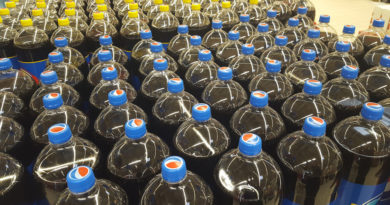Shell Will Use BASF’s Tech for Carbon Capture and Storage

Anglo-Dutch energy giant Shell and German multinational chemical company BASF are collaborating to accelerate the transition to a world of net-zero emissions.
To this end, both companies worked together to evaluate, de-risk, and deploy BASF’s Sorbead®Adsorption Technology for pre- and post-combustion Carbon Capture and Storage (CCS) applications. The Sorbead Adsorption Technology is used to dehydrate CO2 gas after it has been captured by Shell’s carbon capture technologies such as ADIP Ultra or CANSOLV.
According to the companies, Adsorption Technology has several advantages for CCS applications: Sorbead, an aluminosilicate gel material, is acid resistant, has high capacity for water, and regenerates at a lower temperature compared to activated alumina or molecular sieves. Furthermore, Sorbead Adsorption Technology ensures the treated gas is free of glycol and will meet stringent pipeline and underground storage specifications. Customers also benefit from long life, operational turndown flexibility and immediate on-spec gas at startup.
The Sorbead Adsorption Technology is now in Shell’s portfolio for use in the numerous CCS projects around the world to achieve their Powering Progress strategy. “BASF has enjoyed a great partnership with Shell over the past several years and I am happy to see another successful qualification. BASF is proud to support Shell in their effort to reach net-zero emissions and work toward improving environmental conditions around the world”, says Dr. Detlef Ruff, Senior Vice President, Process Catalysts at BASF.
“The cost effective and efficient removal of water from CO2 is essential for the success of carbon capture and storage and BASF Sorbead Technology provides an effective solution. Shell is pleased that the technology is now available for use within the company as well as by the support BASF will provide in implementing the technology for specific cases,” comments Lori Motherwell, General Manager Gas Processing Technology in Shell.




